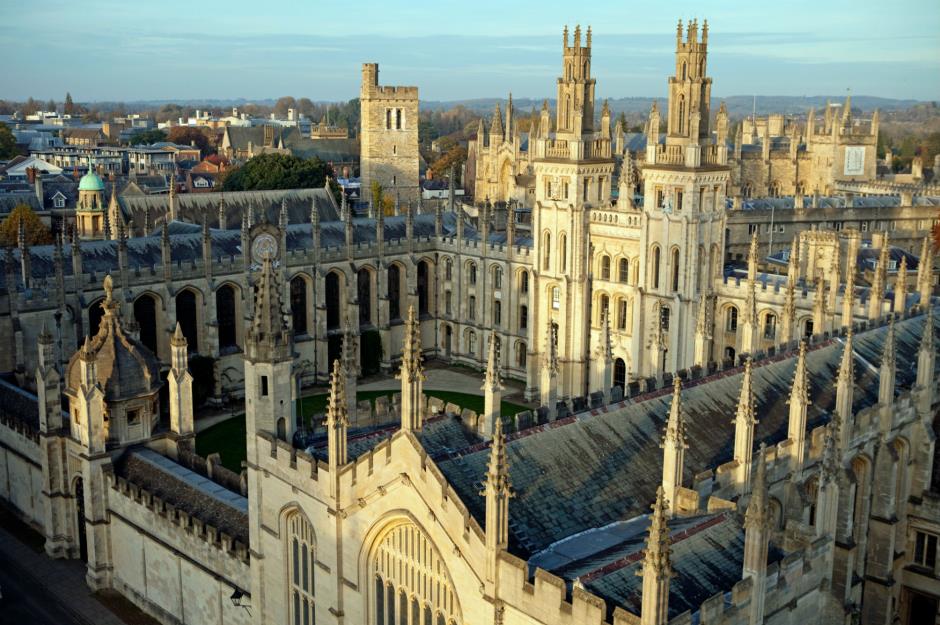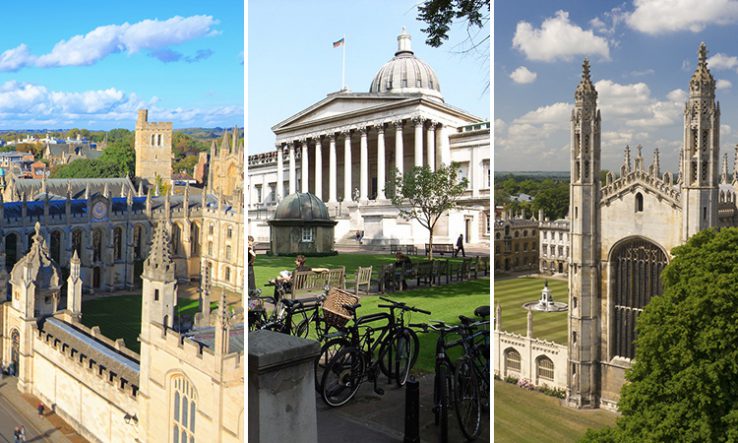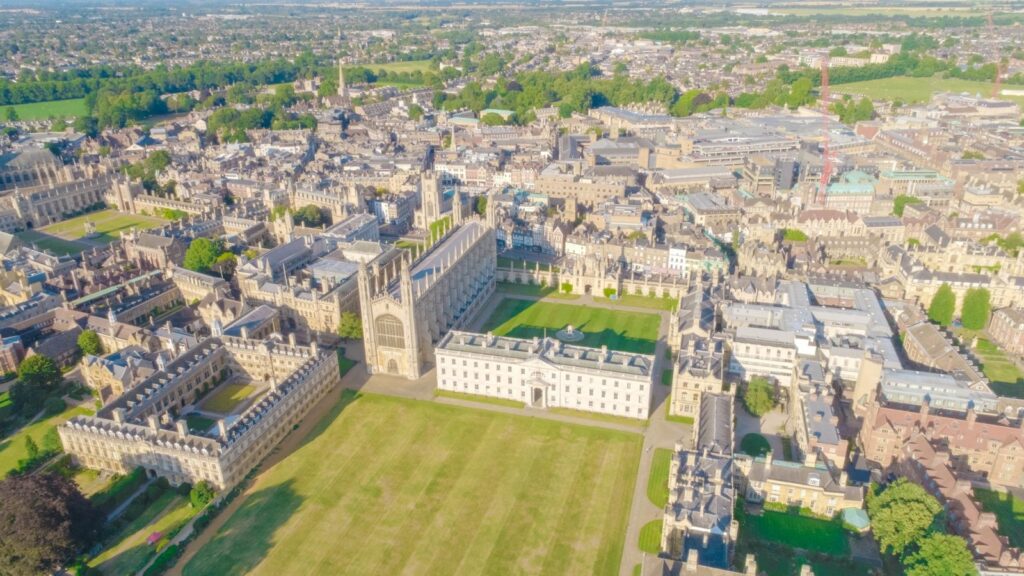In the UK, several universities accept IGCSE qualifications for admission. However, the acceptance of IGCSE qualifications can vary depending on the university and the specific program. Some universities may require additional qualifications or have specific grade requirements for IGCSE subjects. Here are a few universities in the UK known to accept IGCSE qualifications:
- University of Cambridge
- University of Oxford
- London School of Economics and Political Science (LSE)
- Imperial College London
- University College London (UCL)
- Durham University
- University of Bristol
- University of Warwick
What are IGCSE qualifications and how do they differ from other qualifications?

IGCSE, or International General Certificate of Secondary Education, is an internationally recognized qualification typically taken by students at the end of their secondary education, usually around the age of 16. It’s offered by Cambridge Assessment International Education, a part of the University of Cambridge.
- Known Everywhere: People everywhere know about IGCSE, so it’s good if you plan to study or work in different countries.
- Pick What You Like: You can choose from lots of different subjects, like science, history, or even art. This means you can study things you’re really interested in.
- Different Tests: You don’t just sit in a room and write exams. Sometimes you have practical tests or projects, which can be fun!
- Grades from A to G*: Instead of just getting a pass or fail, you get graded from A* (the best) to G. It helps you understand how well you did.
- Helps for More School: Doing well in IGCSE can help you get into more advanced programs later on, like A-levels or vocational courses.
Why should you choose universities that accept IGCSE only?
Choosing universities that accept IGCSE (International General Certificate of Secondary Education) qualifications can have several advantages:
Flexibility in Admissions Criteria
Traditional admission criteria in some countries may not fully accommodate the diverse educational backgrounds of international students. Universities that accept IGCSE qualifications tend to have more flexible admissions policies, considering a broader range of qualifications and experiences.
This flexibility can be especially beneficial for students who have pursued non-traditional educational paths, such as homeschooling or attending international schools.
International Recognition and Portability
IGCSE qualifications are recognized by universities and educational institutions worldwide. This global recognition means that students with IGCSE qualifications have a wide array of options when it comes to choosing where to pursue higher education.
Additionally, the portability of IGCSE qualifications allows students to seamlessly transition between educational systems and countries without sacrificing the quality or recognition of their credentials.
Diverse Curriculum and Skill Development
The IGCSE curriculum offers a diverse range of subjects, allowing students to tailor their education to their interests and strengths. This breadth of subjects encourages students to develop critical thinking, problem-solving, and communication skills, which are highly valued by universities.
Moreover, the rigorous nature of the IGCSE curriculum prepares students for the academic challenges they will encounter in higher education, ensuring they are well-equipped for success in university-level studies.
Preparation for Global Citizenship
Studying for IGCSE qualifications often involves exposure to a variety of cultural perspectives, global issues, and cross-cultural communication skills. This international focus fosters an appreciation for diversity and prepares students to thrive in an increasingly interconnected world.
Universities that prioritize global citizenship and intercultural competence may be particularly interested in admitting students with IGCSE qualifications, as they bring valuable perspectives and experiences to campus communities.
Access to Specialized Programs and Opportunities
Some universities offer specialized programs or initiatives specifically designed for students with international qualifications like IGCSE. These programs may provide additional support services, academic resources, or networking opportunities tailored to the needs of international students.
By choosing a university that accepts IGCSE qualifications, students can potentially access these specialized programs and enhance their university experience.
What are the universities in the UK that exclusively accept IGCSE qualifications?

Here are the universities in the UK that exclusively accept IGCSE qualifications-
University of Cambridge
- A famous and excellent university.
- They welcome students with IGCSE qualifications.
- Different colleges might have different rules, so it’s good to check.
University of Oxford
- Another top university.
- They like students with good IGCSE results.
- Applying might involve extra tests.
London School of Economics and Political Science (LSE)
- They focus on social sciences in London.
- They accept students with IGCSE qualifications.
- They look for smart students who can make a difference.
Imperial College London:
- Known for science and engineering.
- They welcome students with IGCSE qualifications.
- It’s competitive, so be prepared.
University College London (UCL)
- A university with many subjects in London.
- They accept students with IGCSE qualifications.
- Make sure to know what each subject needs.
Durham University
- It’s in a historic city and offers many subjects.
- They like students with IGCSE qualifications.
- Look at different subjects and colleges.
University of Bristol
- They do a lot of research and have a lively student community.
- They welcome students with IGCSE qualifications.
- Know what each subject needs before applying.
University of Warwick
- Known for being innovative and having many subjects.
- They accept students with IGCSE qualifications.
- Look at their rules before applying.
Final Words
Many great universities in the UK welcome students with IGCSE qualifications. These universities, like Cambridge, Oxford, and others, think it’s important to have students from different places and backgrounds. If you have IGCSE qualifications and want to study in the UK, these universities could be a good fit for you. Just remember to check each university’s rules and requirements before applying. Good luck with your studies!
